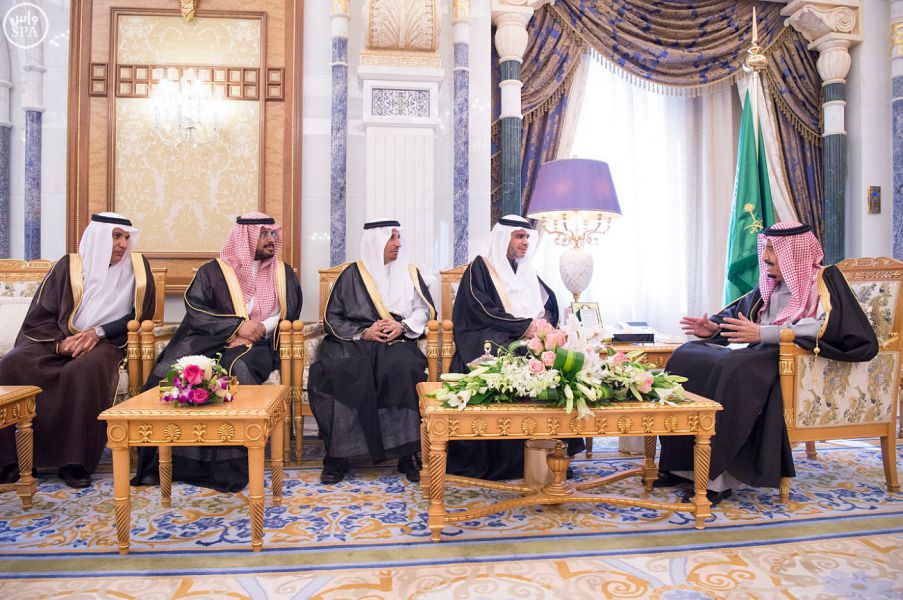
The Christchurch massacre a year ago today has left its fingerprints on New Zealand political life, as is often true of major terror attacks — particularly one in which the evident perpetrator survived and is awaiting trial. He has pleaded not guilty. It has been brought up in rows between Australia and New Zealand over immigration policies (the accused man is Australian). But its most notable effect has been in changing the way Western governments talk about the threat of far-right extremism.
Anyone familiar with Western culture and history over the past century knows that white supremacist extremism is nothing new. In fact, for much of recent history, a form of white supremacism was fairly respectable in many parts of the world, reaching the status of state ideology not only in Germany from 1933, but (with less catastrophic global effects) also in South Africa.
The other feature of Western culture since the Second World War has been the growth in an awareness of the need for civil rights. The horror in Europe at the atrocities of the Nazi ideology were followed by the collapse in the US of the Jim Crow laws, followed in turn by the campaign against apartheid in South Africa; it seems, on that reading, like the march of inevitable progress.
But the postwar period also coincided with the end of empire, and in many countries this led to an influx of the citizens of empire, alongside a growth in racial tensions. As recently as 2001, in the UK, there was an outbreak of racially motivated rioting in major towns in the north. And across the Western world, white supremacist groups were founded or revived, some committed to political action through the ballot box, others committed to violence.
Despite both political and police action against such groups throughout their history, for most of the early 2000s there was little consideration of them or supporters of far-right ideologies in Western counter-extremism policy, which was largely focused on Islamist violence. This received a violent reassessment in the aftermath of the massacre by Anders Breivik of 77 Norwegian youths in 2011, and countering far-right extremism received a much greater and growing share of counter-extremism attention. In fact, in the UK, the latest figures released for the leading program designed to prevent the slide into extremism showed a greater number of far-right referrals than Islamist referrals.
The Christchurch massacre was significantly different, in its targeting of Muslims specifically
Peter Welby
Nevertheless, there has also over the past 10 years been a steady rise in far-right attacks of a scale equal to many Islamist atrocities, whether Breivik’s, or the Charleston Church attack, or the Christchurch massacre. Of these, the Christchurch massacre was significantly different, in its targeting of Muslims specifically.
Far-right extremism is a blanket term; there are many forms of it, from a basic racism and white supremacism, to a sense of cultural superiority, to revenge narratives against the perceived assault of Islam in the West. In the Christchurch attack, all of these and more were present, laid out in detail in the ranting 74-page manifesto published to accompany the attack. But nothing spoke louder than the target — a group of Muslims at prayer.
The renewed focus on countering far-right extremism is welcome, but is only one of the good things to happen as a result of the attack. The other was to witness the response, both of New Zealand coming together in shocked condemnation, and the reactions of some of the victims.
One in particular has been tireless in traveling the world to preach peace and forgiveness. I have seen him speak directly on three different occasions, and each time have been powerfully moved by his message. That man is Farid Ahmed; he is wheelchair-bound, and his wife was killed trying to rescue him during the attack.
Ahmed has focused on two things with the platform that the tragedy forced on him. The first is to promote forgiveness and peacebuilding, both as Islamic values and universal ones necessary to peace. These are values instinctively supported by most of us, but it is one thing to defend them in theory, and another to embody them so instinctively that they are among the first messages that you seek to communicate in the aftermath of the murder of your loved ones. For that alone, Ahmed deserves to be listened to.
The second thing Ahmed has focused on is the need for religious freedom. Whether in the attack on a church by jihadi terrorists, or the attack on a mosque by far-right terrorists, or what has happened recently in India or China, assaults on places of worship have a particular character. They serve a purpose for the perpetrators; to say that the spiritual aspect of human life, respected throughout history, is no longer worthy of respect. Their actions degrade us, but Farid Ahmed and others like him — victims of terrorist assaults on religious freedom — elevate our collective response.
• Peter Welby is a consultant on religion and global affairs, specializing in the Arab world. Previously he was the managing editor of a think tank on religious extremism, the Centre on Religion & Geopolitics, and worked in public affairs in the Arabian Gulf. He is based in London, and has lived in Egypt and Yemen. Twitter: @pdcwelby.
Disclaimer: Views expressed by writers in this section are their own and do not necessarily reflect Arab News" point-of-view











